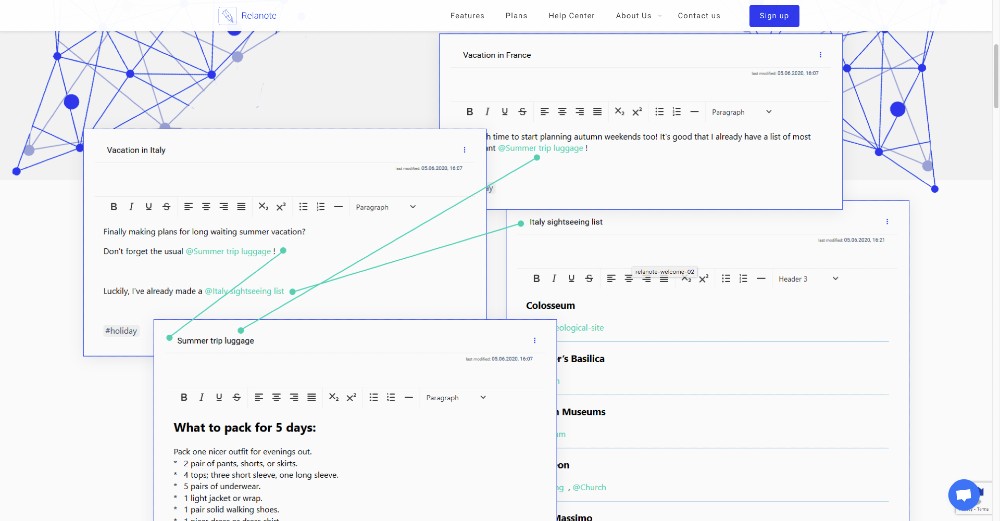Google is such a ubiquitous part of our lives—even to the point of being a household term understood by ankle-biters and geezers alike—that it can be difficult to envision a time when the tech giant did anything other than win. If, like me, you’re a fairly vindictive individual who’s interested in perusing Google’s mountain of failures, consider checking out their Cemetery.
The Google Cemetery is a well-documented list of every endeavor into which Google has poured time, money, and immeasurable amounts of support before ultimately closing the service in question. Upon visiting the site, you’ll notice a few familiar entries—Google+, Google Allo, and Inbox by Gmail being notable examples—along with some titles you may not recognize.
If you have a specific service in mind, you can search for it by name; Google Cemetery also has the option to sort by year of death, and you’ll even find a specific tab for products that are deemed “near death” by the Google Cemetery.
Simply seeing a former service listed as “dead” may be enough to confirm your preconceptions about said service; however, if you find yourself puzzled or alarmed by the death of something you used to frequent, you can hover your cursor over the service’s “headstone” to read a brief synopsis of Google’s reason for getting rid of it.
The sheer span of Google’s reasons for removing services is staggering. Some services, such as the aforementioned Inbox, went by the wayside solely because Google chose to focus specifically on Gmail, and some services simply became parts of Google Search or autofill APIs. On the other side of the spectrum, you’ll notice that once-familiar websites such as iGoogle or Google+ were ultimately nixed due to lack of consumer interest, software errors, and other failures on its part.
It’s nice to see Google fail at something—if only because they’ve proved that having a few products (to say nothing of a plethora thereof) bite the dust doesn’t have to be the end of the world for your company.
And, failing that bit of optimism, it’s never a bad idea to look back on products that have failed if you’re looking for an opportunity to improve upon the past rather than invent something yourself.
Jack Lloyd has a BA in Creative Writing from Forest Grove's Pacific University; he spends his writing days using his degree to pursue semicolons, freelance writing and editing, oxford commas, and enough coffee to kill a bear. His infatuation with rain is matched only by his dry sense of humor.
















































